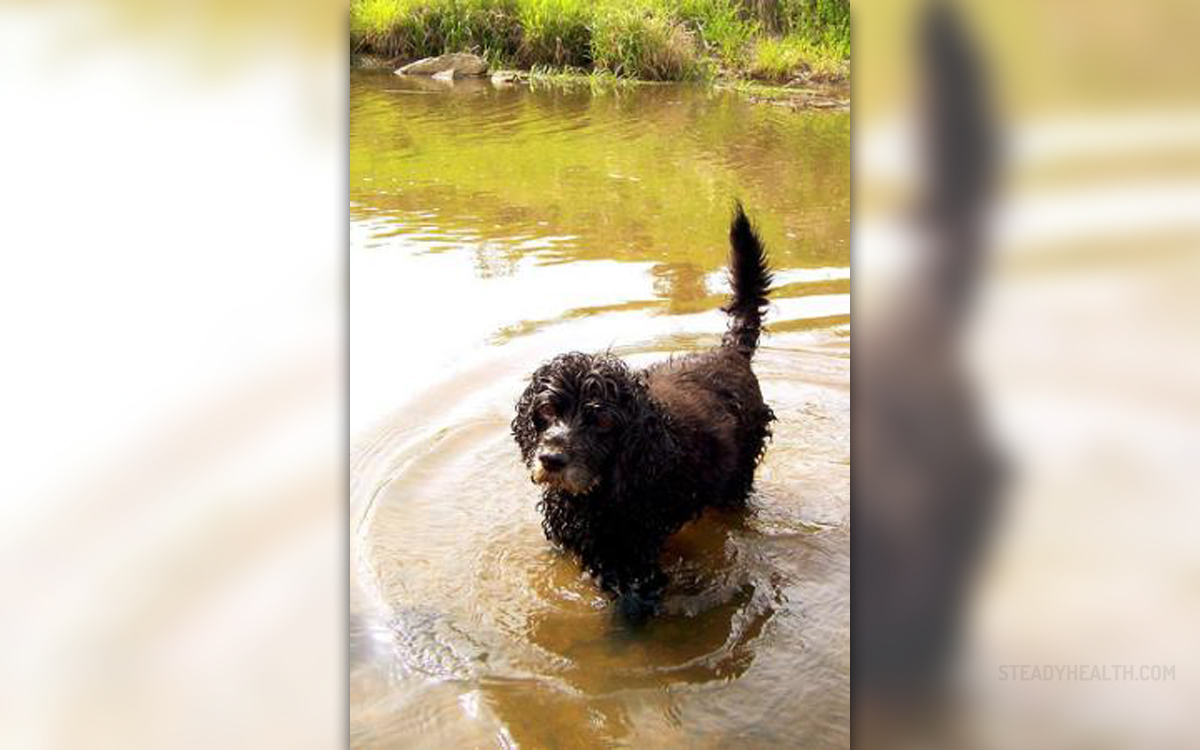
Symptoms of Kidneys Failure in DogsKidney or renal failure occurs when kidneys fail to eliminate waste products from the blood. Kidney failure can be acute, when it suddenly occurs or chronic, when it gradually develops for months.
Symptoms of kidney failure usually don’t occur until dogs lose 75 percent of kidney function. Clinical signs of kidney failure in dogs can be divided into two groups: early signs and signs of advanced renal failure. Early symptoms include thirst and increased urination. Clinical signs of more advanced renal failure involve: appetite loss, depression, nausea, vomiting, diarrhea, weight loss, anemia, bad breath, and ulcers in the mouth.
If any of these signs are present, the dog must be taken to veterinarian. To determine the cause, veterinarian will exam the dog and they may also require blood and urine tests, X-rays, ultrasound and kidney biopsy.
Treatment of Kidney Failure in Dogs
Treatment of kidney failure in dogs can be divided into two stages. The first one includes administering of large amount of IV fluids in order to clean the kidneys. This process is known as diuresis. Diuresis stimulates kidney cells to restore their function. Fluid therapy is given to correct dehydration and electrolyte abnormalities. In this stage of treatment veterinarian recommends proper diet and medications to treat vomiting and diarrhea.
Three possible results of this phase of the treatment include:Kidneys regain function and maintain functioning from couple of weeks to couple of years.Kidneys regain function only during treatment.Kidneys don’t regain function.The second stage of the treatment includes maintaining renal functioning as long as possible. This phase of treatment includes: dietary management, binding of phosphate, fluid therapy, parathyroid gland medications and medications for anemia.
Special Diet
Dogs suffering from kidney failure benefit from eating easily digested food, low in protein and phosphorus and food that is not acidified. Such diet reduces metabolic waste matter amount that kidneys must handle. Additionally, these foods maintain normal blood tests as much as possible.
Binding Phosphate
Dogs with kidney failure usually have abnormal level of blood phosphorus. Phosphorus is normally removed by filtering through kidneys and if renal failure occurs phosphorus is accumulated in the blood. This leads to lethargy and decreased appetite. For this problem veterinarian gives oral phosphate binders to lower the amount of phosphorus in the blood.
Fluid Therapy
Fluids are given subcutaneously (under the skin) to maintain hydration. Subcutaneous fluids are given periodically in order to resume kidneys function when it begins to fail again. This is done, depending on the severity of kidney failure, once per week or once per day.
Parathyroid Gland Medications
Veterinarian usually gives Calcitrol to reduce parathyroid gland functioning and increase calcium levels. Calcium and phosphorus have to be at 2:1 ration in the blood.
Medications for Anemia
Dogs with kidney failure usually suffer from anemia, low red blood cell count. Treatment for this includes erythropoietin and anabolic steroids to increase red blood cells level. Erythropoietin can’t be given long-term since the dog’s immune system recognizes this medication as foreign and creates antibodies to fight it.



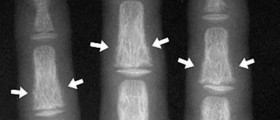







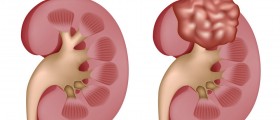
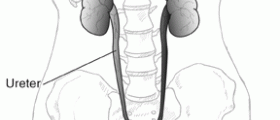



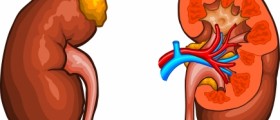
Your thoughts on this
Loading...